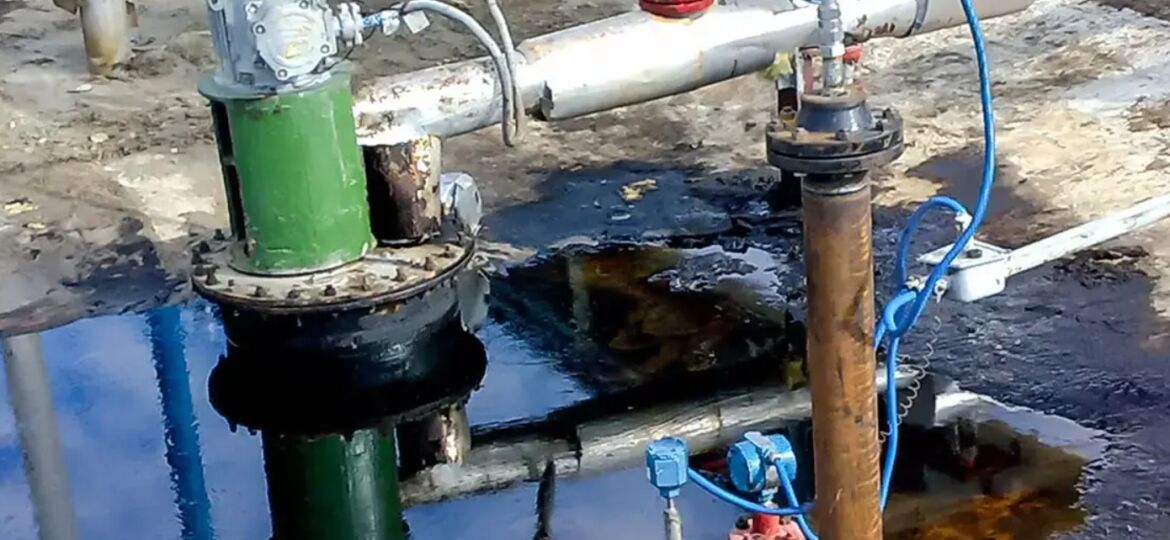
Chattanooga, TN, is a thriving city known for its beautiful landscapes, growing economy, and commitment to sustainability. As the city continues to expand, so does the need for efficient wastewater management systems. One of the most critical components of this infrastructure is sewer pumps Chattanooga, TN. These essential devices ensure the proper movement of wastewater from residential, commercial, and industrial areas to treatment facilities, preventing environmental hazards and promoting public health. In this article, we’ll explore the role of sewer pumps in wastewater management and why they are vital to Chattanooga’s growing community.
1. Understanding Sewer Pumps and Their Function
Sewer pumps are mechanical devices designed to move wastewater from lower to higher elevations, ensuring a steady and controlled flow to treatment plants. Chattanooga’s varied terrain, including hills and valleys, makes gravity-based sewer systems impractical in many areas. Sewer pumps play a crucial role in overcoming these elevation challenges by forcefully transporting wastewater through pipelines.
There are two primary types of sewer pumps used in wastewater management:
- Grinder Pumps: These pumps break down solid waste into smaller particles before moving it through the sewage system. They are ideal for residential and small commercial applications.
- Sewage Ejector Pumps: These pumps handle larger volumes of wastewater and are commonly used in municipal and industrial applications where gravity alone cannot move the waste effectively.
2. The Importance of Sewer Pumps in Chattanooga’s Wastewater Infrastructure
Chattanooga’s wastewater system relies on an extensive network of pipes, treatment plants, and pumping stations. Without sewer pumps, wastewater would stagnate in low-lying areas, leading to health hazards, unpleasant odors, and potential environmental contamination. Here’s how sewer pumps contribute to the city’s wastewater management:
- Preventing Backups and Flooding: Sewer pumps ensure a continuous flow of wastewater, reducing the risk of sewage backups in homes and businesses, especially during heavy rainfall.
- Protecting Water Quality: By efficiently transporting wastewater to treatment plants, sewer pumps help prevent raw sewage from contaminating local rivers, streams, and groundwater sources.
- Supporting Urban Growth: As Chattanooga expands, new developments require reliable wastewater management. Sewer pumps enable construction in areas where traditional gravity-based sewers are not feasible.

3. Challenges of Wastewater Management in Chattanooga
Despite the efficiency of sewer pumps, Chattanooga faces several challenges in maintaining and improving its wastewater infrastructure:
- Aging Sewer Systems: Many parts of the city’s sewer system are decades old, requiring frequent maintenance and upgrades to prevent failures.
- Stormwater Infiltration: Heavy rains can overload sewer systems, increasing the burden on pumps and treatment facilities.
- Pump Failures and Maintenance Needs: Sewer pumps require regular maintenance to prevent breakdowns that could lead to overflows and contamination.
- Environmental Regulations: Chattanooga must comply with federal and state wastewater treatment standards to protect local ecosystems and public health.
4. Maintaining and Improving Sewer Pump Efficiency
To ensure the effectiveness of sewer pumps in Chattanooga’s wastewater management system, regular maintenance and technological advancements are essential. Here are some key strategies:
- Routine Inspections: Regular inspections help identify potential issues before they become costly failures.
- Upgrading to Energy-Efficient Pumps: Newer models of sewer pumps use less energy and provide greater efficiency, reducing operational costs.
- Backup Power Systems: Installing backup generators ensures that pumps continue working during power outages, preventing sewage overflows.
- Public Awareness and Proper Waste Disposal: Educating residents on what not to flush (e.g., grease, wipes, and non-biodegradable materials) can reduce blockages and strain on the system.
5. Future Trends in Wastewater Management for Chattanooga
As Chattanooga continues to grow, advancements in wastewater technology will play a key role in enhancing the city’s sewer infrastructure. Some future trends to watch include:
- Smart Sewer Systems: IoT (Internet of Things) technology is being integrated into wastewater management, allowing real-time monitoring of sewer pumps and potential issues.
- Green Infrastructure Initiatives: The city is investing in sustainable solutions like rain gardens and permeable pavements to reduce stormwater runoff and lessen the burden on sewer systems.
- Enhanced Treatment Processes: Innovations in wastewater treatment are improving efficiency and reducing environmental impact, ensuring cleaner water for Chattanooga’s future.
Conclusion
Sewer pumps in Chattanooga, TN are a vital component of the wastewater management system, ensuring that sewage is safely transported to treatment facilities while protecting public health and the environment. As the city continues to grow, maintaining and upgrading these essential systems will be crucial in preventing backups, reducing pollution, and supporting sustainable development. By investing in modern technology and public awareness, Chattanooga can ensure a cleaner and more efficient wastewater infrastructure for years to come.

